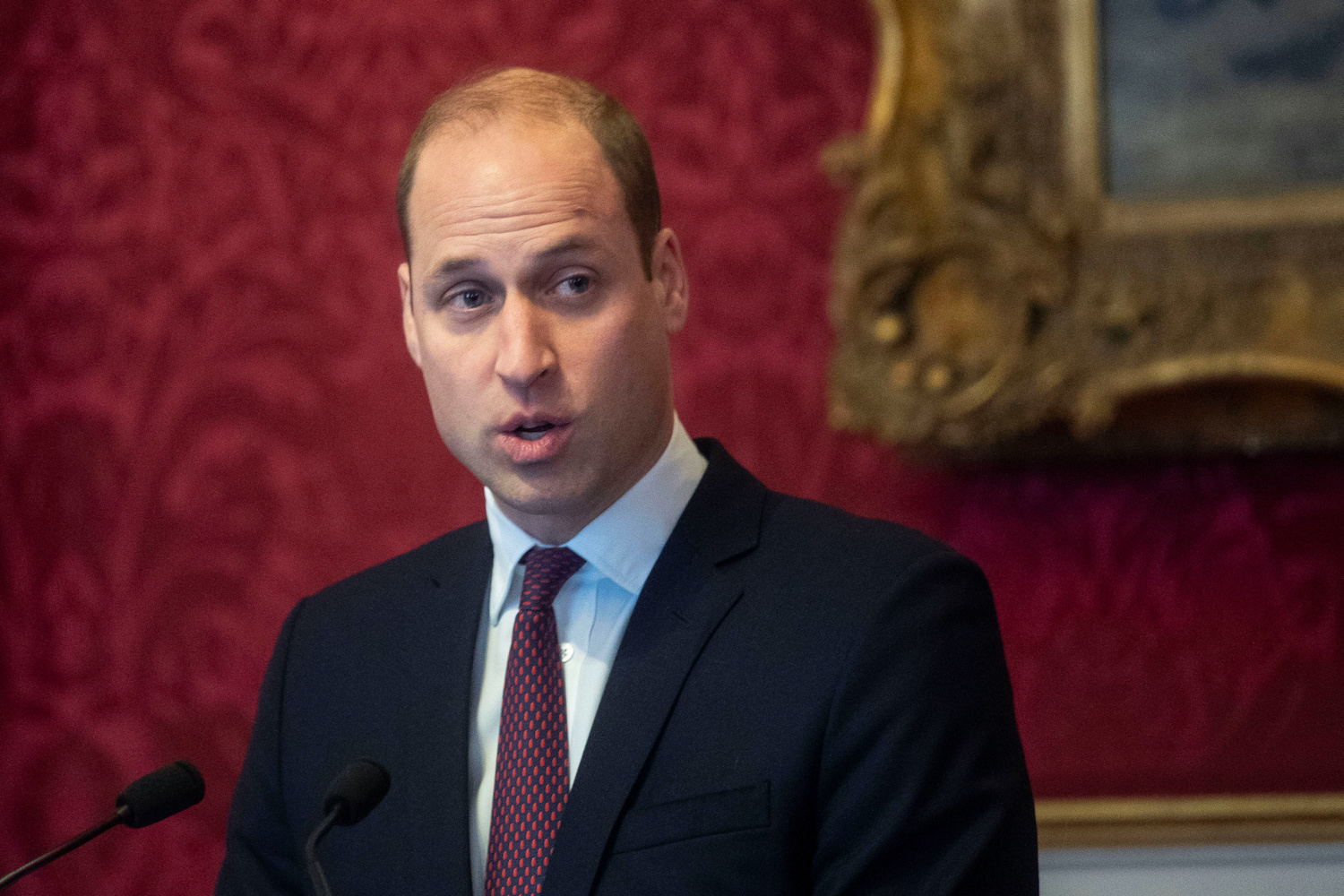King Charles III is reportedly contemplating an early abdication in favor of his eldest son, Prince William. This seismic shift in royal succession plans comes as the King grapples with a recent cancer diagnosis, further complicating the already intricate dynamics of the British monarchy.
Sources close to the royal family suggest that the notion of abdication was on the monarch's mind even prior to the unsettling health news, hinting at a deliberate, albeit discreet, strategy for the future of the crown as reported by radaronline.com. "Charles always vowed he would use his mother, Queen Elizabeth II, as an example and rule until his dying day," revealed an insider to the Globe. The Queen's enduring reign, marked by unwavering dedication, had long been seen as the gold standard for monarchal service.
Yet, the King's deteriorating health has prompted a reevaluation of his capacity to fulfill the rigorous demands of the throne. "After all, he waited 70 years for the crown. But his rapidly declining health has him staring death in the eye," the source added, highlighting the stark reality confronting the 75-year-old monarch.
The prospect of an imminent ascension has reportedly left Prince William, 41, in a state of dismay, unprepared for the immense responsibilities that lie ahead. "William is horrified his workaholic father is quitting - it's the last thing he expected," the insider disclosed. The Prince of Wales's reluctance to embrace his destiny as king reflects a broader narrative of duty, tradition, and personal sacrifice that defines the royal experience.
Amidst this backdrop of uncertainty, the royal family contends with additional health challenges. Princess Kate, a key figure in the monarchy's public image and charitable endeavors, has recently faced her own medical ordeal, undergoing surgery for an undisclosed abdominal issue. "Kate faces a long uphill battle to get back on her feet - and isn't expected back in public before Easter," shared a source, underscoring the personal trials that accompany public service.

Britain's Prince William delivers a speech during a meeting of the United for Wildlife Taskforces in London, Britain January 21, 2020.
The dialogue surrounding King Charles's potential abdication is not isolated to the confines of Buckingham Palace. The global community of monarchies has witnessed a gradual shift toward abdication as a viable option for aging sovereigns. Figures such as Beatrix of the Netherlands and King Juan Carlos I of Spain have set precedents by passing the crown to the next generation, thereby rejuvenating the institution they serve.
As King Charles III navigates this pivotal juncture, the eyes of the world, and indeed the annals of history, watch closely. The decision to abdicate, should it come to pass, will not only redefine the immediate future of the British monarchy but also echo as a moment of profound transition in the enduring saga of one of the world's oldest continuous institutions.
The ramifications of such a choice, both personal and political, promise to be far-reaching, affecting not only the royal family's internal dynamics but also its relationship with the Commonwealth and its role on the global stage. In the end, the legacy of King Charles III, whether it be marked by steadfast service or a gracious handover of power, will indelibly shape the monarchy for generations to come.
Who's next in line for the throne?
Here are the first 15 people in order of succession: 1. Prince William; 2. Prince George of Cambridge; 3. Princess Charlotte of Cambridge; 4. Prince Louis of Cambridge; 5. Prince Harry; 6. Archie Mountbatten-Windsor; 7. Lilibet Mountbatten-Windsor; 8. Prince Andrew; 9. Princess Beatrice; 10. Sienna Elizabeth; 11. Princess Eugenie; 12. August Brooksbank; 13. Prince Edward; 14. James, Viscount Severn; 15. Lady Louise Mountbatten-Windsor.





